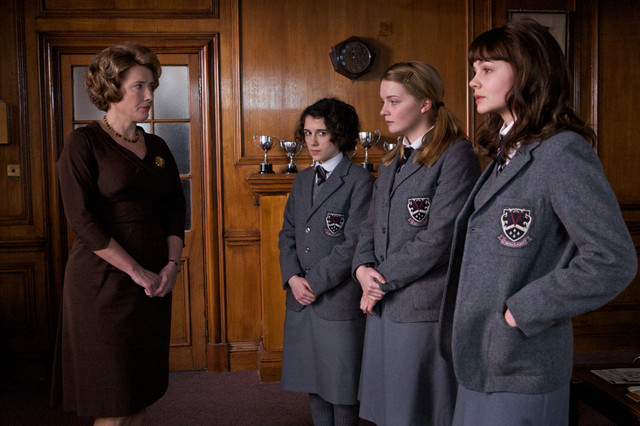Film Review: An Education
Nostalgic Memoir Looks At Love Mid-Century-Style


“Sorry
Latest Article|September 3, 2020|Free
::Making Grown Men Cry Since 1992


“Sorry